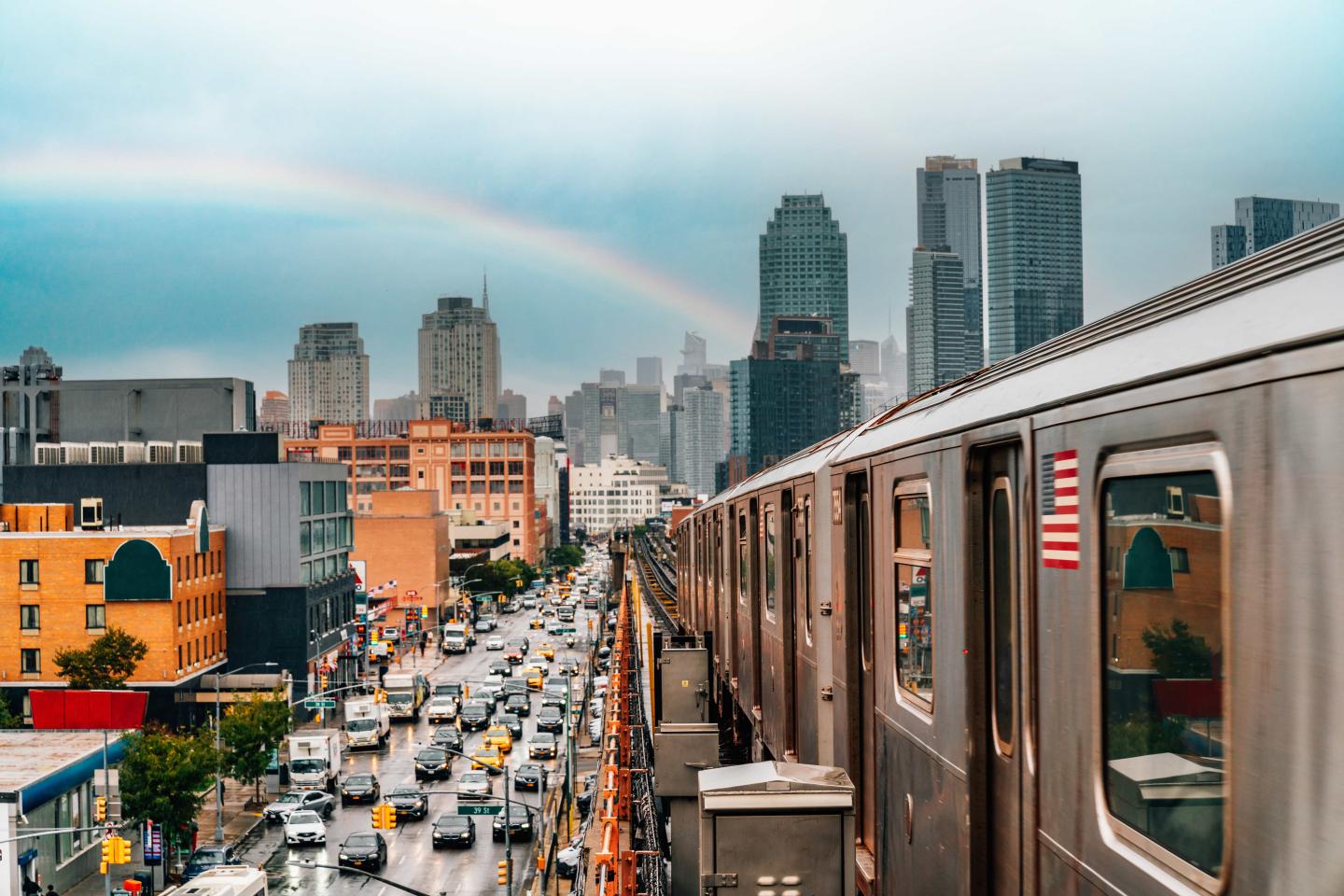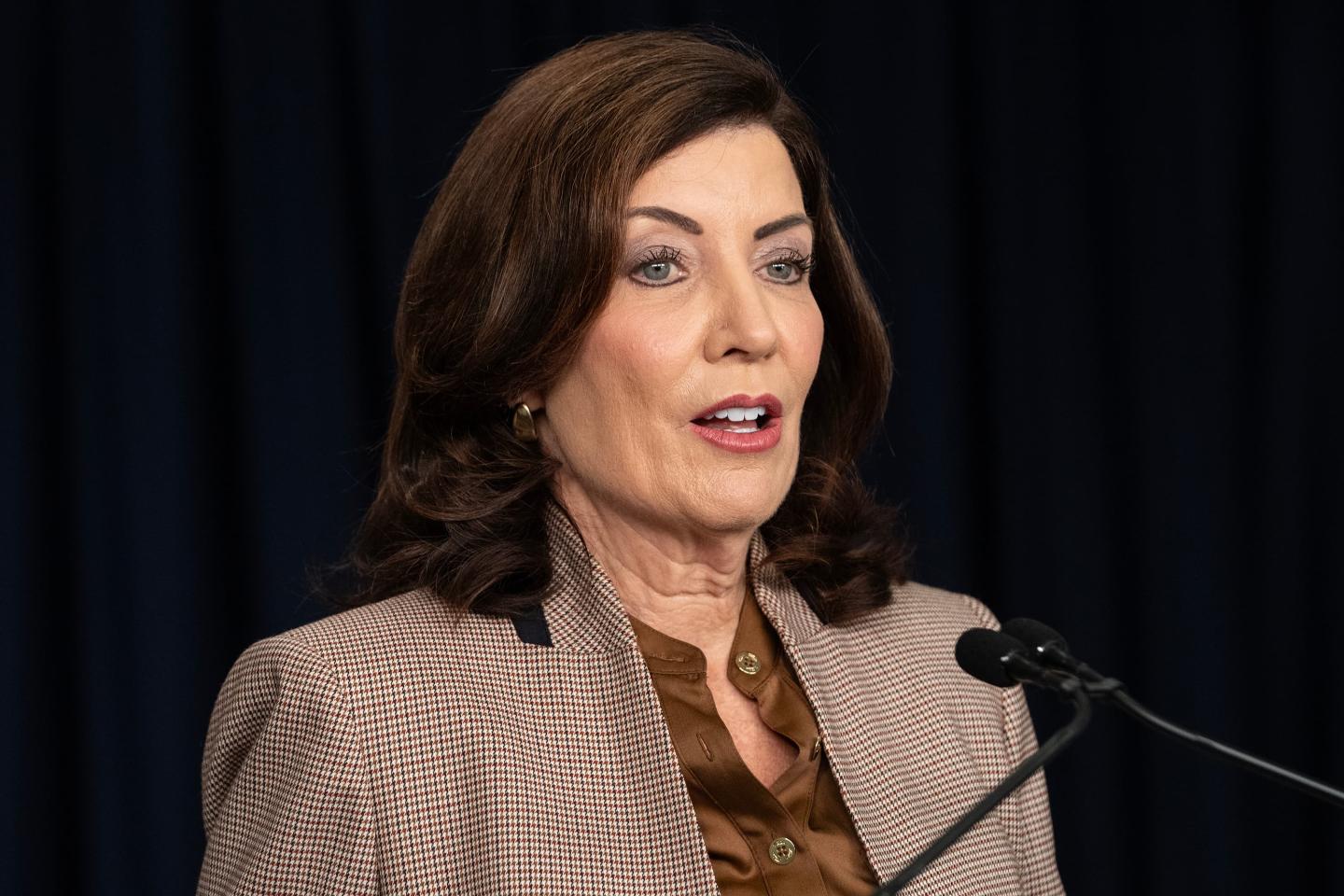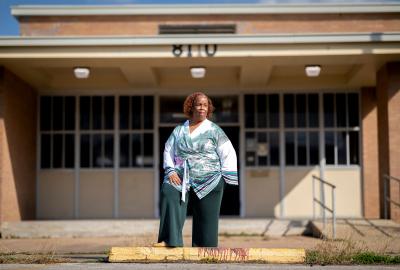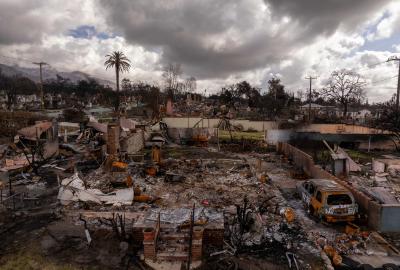Congestion pricing is back
New York City’s plan to reduce vehicle traffic and pollution and fund public transit upgrades is back on track, and expected to go into effect before the Trump administration takes power.
New York Governor Kathy Hochul announced Thursday that she is bringing back congestion pricing, a plan that puts a price tag on driving into the traffic-clogged heart of Manhattan. The program is intended to reduce New York City traffic, air pollution and climate pollution and generate critical funding for the city’s bus and subway systems, which 6 million people ride every day.

In June, Hochul unexpectedly paused the program, just weeks before its expected launch. This week she delivered a revised plan, reducing fees for entering the southern part of Manhattan (below 60th street) by 40%. The peak-hour charge for passenger vehicles would drop from $15 to $9, and just $2.25 overnight. Hochul also included plans to immediately improve service on more than 20 bus lines and work with the city to develop additional traffic reduction measures.
Congestion pricing funds promised for projects to address asthma and air quality issues in heavy-traffic communities will not be reduced. The program is designed to generate enough revenue to fund $15 billion in capital improvements for transit, including new subway signals, electric buses, elevators and more.
The decision to move forward was welcomed by a broad coalition of environmental, community, business and other advocates, who had worked for years to bring the plan to fruition.

“Implementing congestion pricing is the kind of practical, bold action our leaders must take for the long-term health and sustainability of our city and region,” said Fred Krupp, president of Environmental Defense Fund, a group that helped build the coalition. “Governor Hochul must see this plan through and get New York moving as soon as possible.”
Cities that have seen success with pricing programs include London, Singapore and Stockholm. New York will be the first U.S. city to launch congestion pricing, and other cities, including Boston, Los Angeles, San Francisco, Seattle and Portland, Oregon, are considering similar plans.
“Better transit and less traffic are essential to affordability and the environment in cities around the world,” says EDF’s Andy Darrell, who has worked for more than a decade to bring the program to life.
Pending some final approvals, congestion pricing is expected to become operational in January, before the Trump administration takes power. As a candidate, Trump posted on social media in May that he would “TERMINATE Congestion Pricing in my FIRST WEEK back in Office!!”
Once the program launches, experts say, the federal government has no authority to undo it.
“It has never been more important for state leaders to take decisive action to fight climate change, safeguard our health, and invest in cleaner transportation alternatives,” said Krupp.


